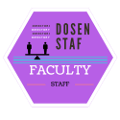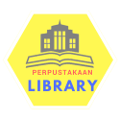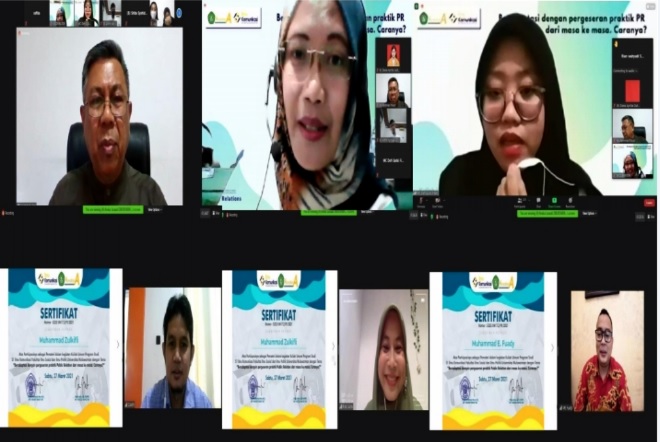 FISIP UNMUL - Jumat (26/3) Fakultas Ilmu Sosial Dan Ilmu Politik melalui Program Studi Ilmu Komunikasi Menyelenggarakan Webinar Kuliah Umum secara daring (online) melalui Zoom Meeting dengan tema “Beradaptasi Dengan Pergeseran Praktik PR (Publik Relation) dari Masa ke Masa”. dalam kegiatan tersebut menghadirkan 2 Narasumber yaitu Bapak Muhammad Zulkifli, M.Si (Konsultan PR Asia Tenggara) dan Bapak M.E Fuady (Akademisi/Dosen Universitas Islam Bandung) dan dipandu oleh Hj.Hairunnisa, S.Sos,.MM ( Dosen prodi Ilmu Komunikas FisipUnmul) sebagai Moderator.
FISIP UNMUL - Jumat (26/3) Fakultas Ilmu Sosial Dan Ilmu Politik melalui Program Studi Ilmu Komunikasi Menyelenggarakan Webinar Kuliah Umum secara daring (online) melalui Zoom Meeting dengan tema “Beradaptasi Dengan Pergeseran Praktik PR (Publik Relation) dari Masa ke Masa”. dalam kegiatan tersebut menghadirkan 2 Narasumber yaitu Bapak Muhammad Zulkifli, M.Si (Konsultan PR Asia Tenggara) dan Bapak M.E Fuady (Akademisi/Dosen Universitas Islam Bandung) dan dipandu oleh Hj.Hairunnisa, S.Sos,.MM ( Dosen prodi Ilmu Komunikas FisipUnmul) sebagai Moderator.
Dr. H. Muhammad Noor, M.Si sebagai Dekan Fakultas Ilmu Sosial dan Ilmu Politik Univeritas secara virtual membuka kegiatan tersebut sekaligus menyampaikan sambutannya.
Penyampaian materi pertama oleh bapak Muhammad Zulkifli, M.Si, beliau adalah seorang konsultan PR Asia Tenggara yang telah berpengalaman selama 16 tahun.Artikel-artikelnya pernah dimuat di media Nasional maupun media lokal. Beliau pernah menjadi jurnalis majalah berbahasa inggris dan pernah mewawancarai berbagai tokoh Nasional, baik tokoh politik maupun tokoh bisnis nasional maupun multinasional. Lingkup pekerjaannya meliputi Press realease, Advetorial, Content marketing, menyusun proposal strategi konten hingga mengadakan Press conference dan Media gathering. Kerap diundang oleh berbagai instansi pemerintah BUMN, komunitas profesi, perusahaan swasta hingga universitas sebagai narasumber untuk tema-tema Public Relations dan kepenulisan, antara lain Kementerian Keuangan, Kementrian Komunikasi dan Informasi, Universitas Indonesia, Himpunan Pengusaha Kecil dan Mikro (HIPMIKINDO), Perhumas, PR Indonesia dan sebagainya.
Public Relations atau hubungan masyarakat, merupakan profesi yang kini sudah mulai dikenal dan diminati oleh masyarakat luas. Setiap profesi tentunya mengalami perubahan dan menyesuaikan dengan perkembangan zaman. Seiring dengan pesatnya perkembangan teknologi memungkinkan PR bekerja lebih cepat. Namun adanya perkembangan ini juga menantang praktisi PR untuk meningkatkan kompetensinya. Saat ini, Dunia sedang dilanda Covid-19. Khususnya Indonesia, Banyak masyarakat yang mengalami disinformasi dan menerima hoax. Hal tersebut berpengaruh dalam pergeseran PR. Disini PR berperan untuk mengurangi kebingungan publik melalui informasi positif yang terpercaya. Pemilihan konten memalui pemilihan saluran adalah salah satu langkah dalam mengurangi kepanikan masyarakat.
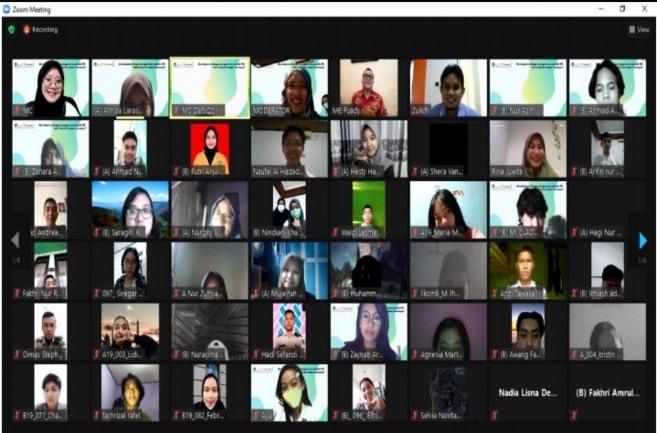 PR atau Publik Relation saling berkoordinasi dengan Media dan bidang lainnya untuk meningkatkan kecerdasan masyarakat, pentingnya protokol kesehatan yang terhindar dari bahaya hoax. bagaimana PR beradaptasi yang akan datang atau bagaimanakah peran PR di masa pandemi ini? Dengan pemilihan tema ini, harapannya agar mahasiswa dan masyarakat luas dapat mengetahui bagaimana caranya seorang PR berperan dalam menyesuaikan dengan pergeseran PR.
PR atau Publik Relation saling berkoordinasi dengan Media dan bidang lainnya untuk meningkatkan kecerdasan masyarakat, pentingnya protokol kesehatan yang terhindar dari bahaya hoax. bagaimana PR beradaptasi yang akan datang atau bagaimanakah peran PR di masa pandemi ini? Dengan pemilihan tema ini, harapannya agar mahasiswa dan masyarakat luas dapat mengetahui bagaimana caranya seorang PR berperan dalam menyesuaikan dengan pergeseran PR.
Implementasi PR Post Covid 19, pada dasarnya konsep PR terbagi menjadi 2, pertama PR adalah bagian dari strategi manajemen untuk mengelola opini publik agar tetap positif tentang perusahaan/lembaga, kedua Publik adalah mereka yang berkepentingan terhadap perusahaan, seperti investor, konsumen, masyarakat sekitar, karyawan, pemerintah dll. Seorang PR harus bisa beradaptasi dengan persegseran PR, Pembahasana tentang pergeseran PR dari Normal (Traditional PR) kemudian Covid 19 Digital PR (we are here) kemudian ke Post Covid 19 Hybrid PR.
Untuk memahami dasar dari PR kita wajib megatahui prisip dari PR, yang terdiri dari4 yaitu memanfaatkan ekosistem digital untuk membangun kepercayaan publik terhadap perusahaan, berbeda hanya salurannya sementara pesannya tetap sama, bukan sekedar mengelola media social, Engagement lebih penting daripada followers.
Adapun Transisi Paradigma Digital PR sebelum covid (support PR konvensional), masa covid (support PR digital) dan paska covid (Hybrid PR). Hal- hal yang perlu di perhatikan dalam mebuat Buat to do list PR:
- HR Development (SDM bidang PR harus menguasai skill baru yaitu brand journalism)
- Universities (Kampus sudah mulai mempertajam tujuan pendidikan bagi sarjana komunikasi apakah untuk mencetak tenaga terampil atau tenaga ahli)
- Online Community (Mencetak / menciptakan brand advocats di dunia maya yang siap “membela” perusahaan dari opini negatif netizen)
- Content Production (Produksi konten baik tulisan, video, audio dll harus beriorientasi pada “call to action” (sales, user acquisitions) daripada “awareness”)
Sampailah kita pada pembahasan inti tentang pembekalan PR, Apa yang harus disiapkan Mahasiswa sekarang dalam menghadapi pergeseran PR? Berikut Langkah Memasarkan diri didunia digital :
- Buatlah website/blog dengan tema yang terkait dengan kompetensi dan industri Anda
- Posting artikel-artikel terkait bidang dan industri yang Anda minati / kuasai
- Upload file presentasi, ebook, audio yang berkaitan dengan tema website
- Cantumkan email dan nomor telepon yang mudah dihubungi
- Buatlah akun LinkedIn dan lengkapi dengan data-data seperti proyek, portofolio kegiatan, website dll
- Posting artikel/opini/pendapat minimal 2x dalam 1 minggu
- Berikan komentar positif pada postingan orang lain minimal 2x dalam 1 hari
- Berikan LIKE pada postingan orang lain minimal 2x dalam 1 hari
- Review kembali akun-akun media sosial yang dimiliki mulai dari Facebook, Instagram, Twitter, Youtube dll
- Hapuslah postingan-postingan yang mengandung unsur-unsur seperti SARA, politik partisan, kebencian, kemarahan, alay, curhat, kegiatan yang tidak penting, gambar- gambar yang vulgar, kuis-kuis dll
- Jika ada postingan terkait pekerjaan/kegiatan, lengkapi kembali kontennya
- Rutin memposting nilai-nilai humanis dan hal-hal yang terkait kompetensi dan minat
- Buatlah akun untuk media sosial yang belum dimiliki. Jika belum punya Youtube, mulailah membuat Youtube. Jika belum punya Podcast, mulai membuat dst
- Buat target mingguan dan harian untuk segera mengisi akun-akun baru tersebut dengan konten yang berkaitan dengan kompetensi Anda
- Konten tidak melulu berkaitan dengan pekerjaan atau bidang tertentu, bisa juga konten ringan, lucu, humanis dll. Namun porsinya harus lebih besar untuk konten kompetensi
- Gunakan akun media sosial untuk berinteraksi khususnya dengan para ahli/pakar/pejabat perusahaan baik yang berkaitan dengan minat Anda maupun tidak
- Jalin/buatlah koneksi dengan mereka melalui media sosial
- Berikan ucapan momen tertentu kepada mereka sepertu ulang tahun, hari raya, kenaikan pangkat dll
- Jadilah anggota asosiasi profesi / keilmuan sejak awal
- Aktif memberitakan kegiatan asosiasi di media sosial dan website/blog
- Wawancarai Ketua Asosiasi untuk dimuat dalam media sosial audio visual
- Berusaha menjadi moderator dalam kegiatan seminar/workshop yang diadakan asosiasi.
Penutupan webinar kuliah umum oleh Ibu Rina Juwita, S.IP., M.HRIR (Koordinator Program Studi Ilmu Komunikasi) dengan menyerakan sertifikat webinar kuliah umum secara simbolis kepada kedua Narasumber, Bapak Muhammad Zulkifli, M.Si dan Bapak M.E Fuady. Semoga setelah mengikuti kuliah umum ini, menghadapi tantangan PR akan menjadi bekal dalam mengadapi pergeeseran PR dari masa ke masa
















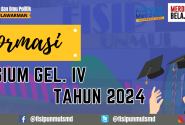
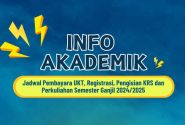
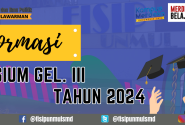
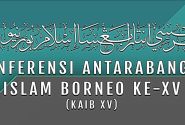
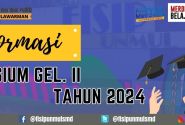
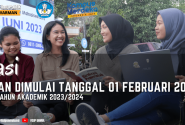
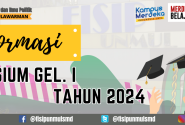
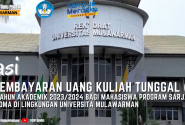


































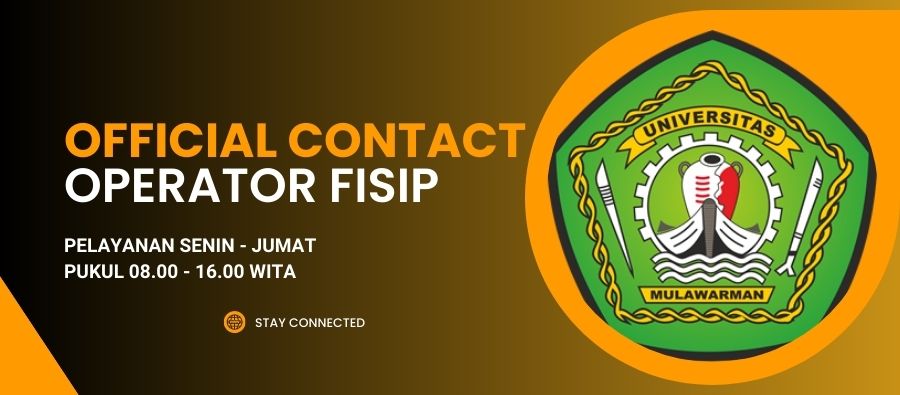
 Dalam rangka merayakan ulang tahun ke-14, Desa Songka Basketball menggelar sebuah turnamen basket. Pertandingan ini...
Dalam rangka merayakan ulang tahun ke-14, Desa Songka Basketball menggelar sebuah turnamen basket. Pertandingan ini...  Pendaftaran Pelaksanaan Sosialisasi Peningkatan Kompetensi Dosen dan Tendik Tahun 2021 melalui ...
Pendaftaran Pelaksanaan Sosialisasi Peningkatan Kompetensi Dosen dan Tendik Tahun 2021 melalui ...  No.
Nama Perusahaan
Posisi
Link Pendaftaran
1
PT Pelita Samudera Shipping Tbk
Graduate Development Program (GDP)...
No.
Nama Perusahaan
Posisi
Link Pendaftaran
1
PT Pelita Samudera Shipping Tbk
Graduate Development Program (GDP)... 
